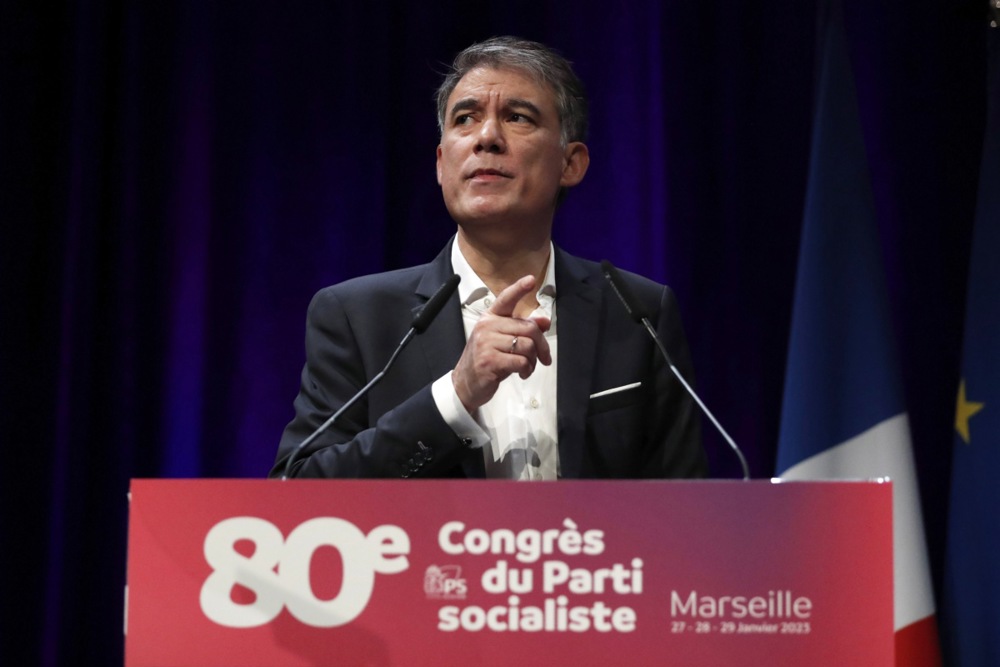Europe, together with the entire West, stands before a critical dilemma. Will it defend its values and identity, or give in to a self-destructive ideology, dismantling its historical legacy and social cohesion?
The next European Election is key. And what the European People’s Party (EPP) will do is crucial, as the largest group in the European Parliament largely determines policies through partnerships in and out of the House.
The coming year is decisive. National elections looms in a number of European countries, the European Parliament ballot comes up in May and the US presidential election in November. Leftists, liberals and socialists on one side, and Right-wing conservatives and nationalists on the other are preparing for a face off. But what about the centre-Right? Where does it stand?
The EPP has traditionally been a home for Christian Democrats and moderate conservatives. However, during the last years, and despite some recent attempts to court the Right, it has largely shifted to the Left, embracing globalist liberal rhetoric. So, does downplaying the nation, God, family and liberty in favour of the green agenda, central planning, immigration and diversity pay off?
Most EU centre-Right parties have been called to decide whether they will go progressive or conservative. Greece’s Mitsotakis won by practically turning ND into a socialist, pro-immigration, pro-LGBTQ party. In Germany, however, the CDU is struggling, losing ground to right-wing rivals. In Spain too, Feijóo failed to secure the conservative vote and bring Partido Popular to power. In France and Italy the centre-Right has all but vanished. But in the Czech Republic the TOP09 and KDU-CSL EPP partners hold power because they formed in alliance with conservative ODS.
The EPP prospects look worrying. 2024 European Election polls suggest that it will lose even more seats to the national conservatives, and some to the more extreme parties of the radical Right. The almost leaderless, once all-mighty coalition now only has five heads of state in its ranks, and half of its traditional members are gone or in opposition – as the Fidesz-exit also took its toll.
The EPP must choose. It will either uphold its decades-old alliance with Socialists and Democrats, or ride the conservative wave. Leader Manfred Weber steered the group into siding with the European Conservatives and Reformists (ECR) and the far-Right Identity and Democracy (ID) in rejecting farming legislation allegedly aimed at tackling climate change. But this does not necessarily herald an overall Rightward tilt.
In theory, turning Right makes sense for the EPP. In practice, the group might be too blinkered to follow through policies that really matter to conservative voters. Priorities like enforcing law and order, preserving national and European identity and demographics, or resisting the folly of gender-abolition, simply do not appeal to the US-Democrat style elites who actually run the party.
Liberals such as Ursula von der Leyen, CDU boss Friedrich Merz – who recently blasted the AfD – or outspoken conservative-basher Mitsotakis may grasp the electoral necessity of wooing true Right-wingers, but cannot tolerate views and principles expressed by leaders like Mateusz Morawiecki, Victor Orban, or Giorgia Meloni. Therefore, finding common ground looks highly unlikely.
European centre-Right parties rose in a postwar world where they had no serious Right opposition, and where their ideological differences with socialists were very distinct. Things have now changed.
The old “which side are you on” slogan is timely again. Wherever conservatives and nationalists manage to get their act together and present voters with credible options, they take the lead over liberals and leftists.
As global challenges and tensions escalate, politics becomes increasingly polarised. Catch-all parties may soon become a thing of the affluent and carefree past. “Standing in the middle of the road is very dangerous; you get knocked down by the traffic from both sides”, Margaret Thatcher once said.
The EPP may be about to find out how right she was.
Konstantinos Bogdanos served as a member of the Greek parliament from 2019 to 2023





Poland’s elections matter way beyond the country’s borders – they could presage a realignment in European politics